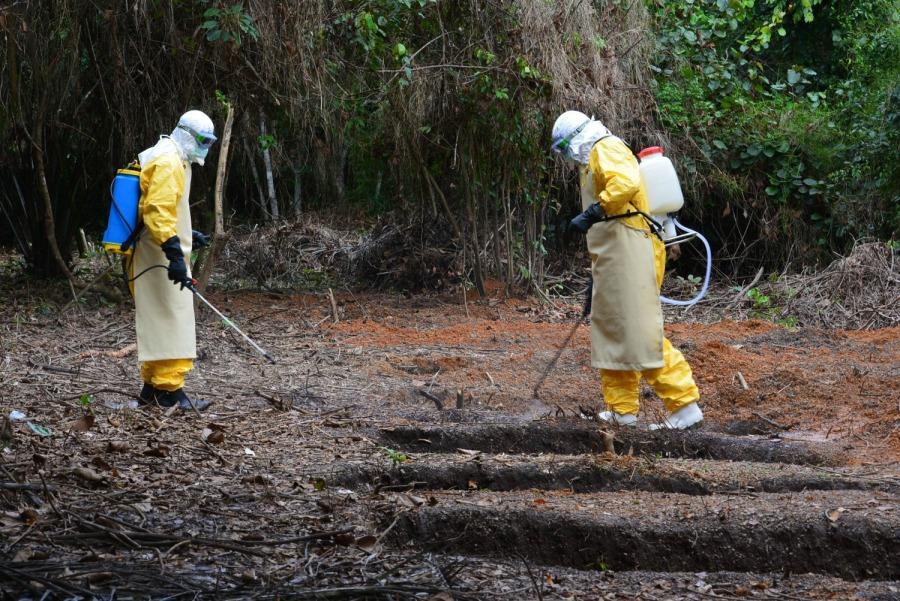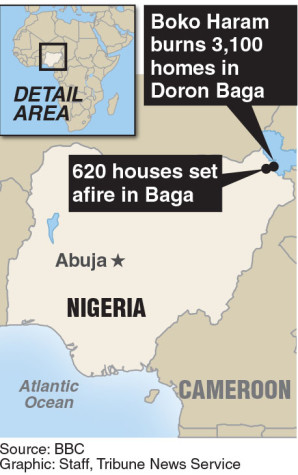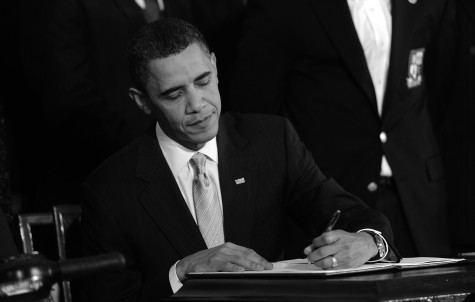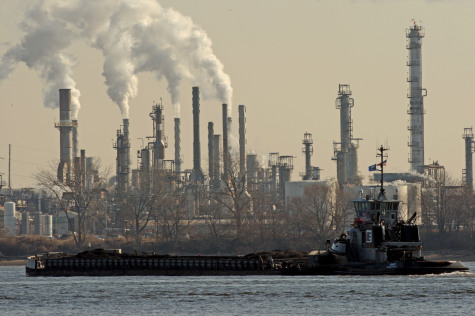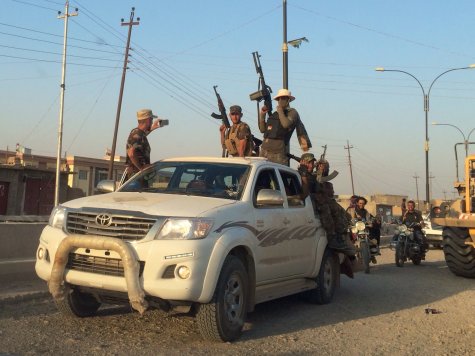Ebola: not your problem
Profuse bleeding, severe headaches, vomiting, fever and internal hemorrhaging: Why shouldn’t you be scared?
In just the past several weeks, the word Ebola has been used more than it had since at least 1995, the last time that there was an outbreak of the disease in Africa. Ebola isn’t a nice word, and anyone even loosely acquainted with the subject is greatly disturbed upon hearing it. It is one of the fastest-killing diseases in the world, and its victims usually die a painful death within days of developing symptoms. It is hard to cure, and it seems to be almost exclusive to countries with poor health care systems.
This recent outbreak is the largest of its kind in recorded history, and nearly every news network is running chilling stories of the thousands who are dying. With a new Ebola scare in the United States every week, and evidence of Ebola in both Texas and Spain, the entire western world seems to be in fear of a possible pandemic. Even at LB, not a day passes where someone doesn’t mention the word Ebola.
As Obama and European leaders scramble to address the concerns the public have over this seemingly disastrous threat to civilization, the media has been among the few to benefit. New stories every week update us on the latest deaths in West Africa and all the rumors that have traveled like wildfire. Just as the owner of a funeral home bittersweetly rejoices when business is good, the press has enjoyed delivering a thrilling story to millions of scared citizens.
However, while the media happily tells ghost stories around the campfire, the threat of Ebola to the West, the United States and the students of Lake Braddock is extremely small.
In the three countries that have been hit by the Ebola outbreak, Guinea, Liberia and Sierra Leone, the death count is 4,922. While this number seems frightening, comparing it to the combined population of 22 million leaves us with a squeamishly low death rate of around 0.02 percent. In the United States, medical mistakes account for a 0.06 percent death rate. In a way, one could say that doctors are three times as deadly as Ebola.
This, of course, is comparing a developed country to a developing country suffering from poor health care and epidemics. Though your chance of dying in West Africa might be small, your chance of dying in the United State is infinitesimal.
Not only is the health care of the developed world helping to prevent a pandemic, so is the environment. Ebola has so far been limited almost exclusively to Africa because it is a tropical disease. Additionally, it doesn’t spread through air, water or even most food. Instead, it is primarily contracted through contact with other mammals. Ebola can often be the result of hunting wild animals in the African wilderness and not using proper cooking or sanitation techniques. And unlike many other tropical diseases, it can’t be spread by mosquitoes and instead can only be contracted by other humans through contact with blood, bodily fluids or mucous membranes.
Ebola is bad, and a challenge for developing countries in harsher climates. But in the United States it should be one of the least of your worries. Making sick jokes, spreading rumors and calling every cough a pandemic is not referring to a genuine concern in our society, but instead only demeaning those suffering under horrific circumstances thousands of miles away.


